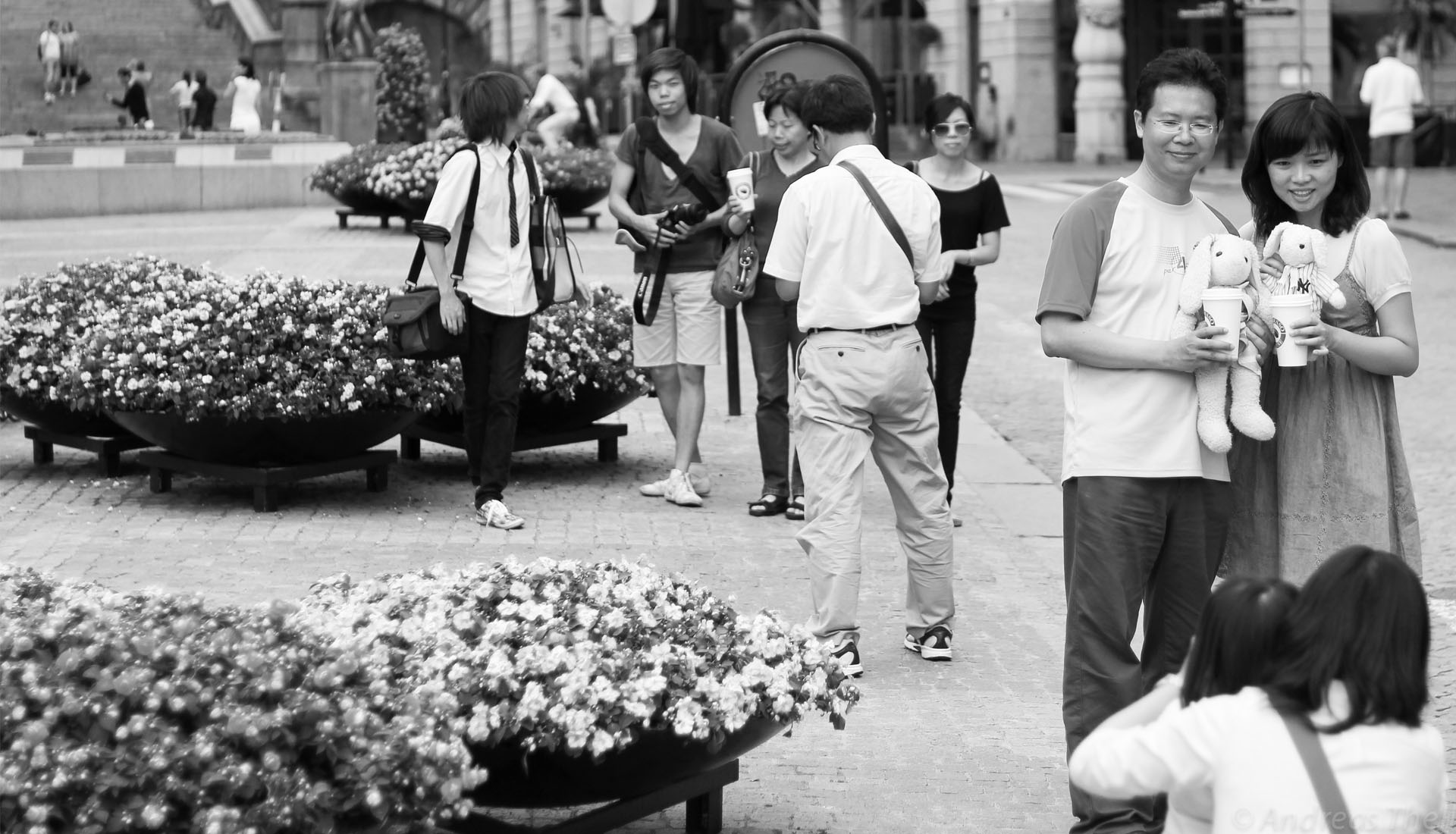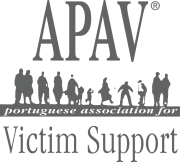MIGRANTS AND FOREIGNERS
VICTIMS OF CRIME
Whether or not documented in the country, all foreign citizens have the right to press charges if they have been victims of a crime. No police or judicial authority may refuse to receive a report/complaint based on the fact that the victim does not possess a visa or residence permit in Portugal. In case the person is refused assistance, he/she should file a complaint in the Official Complaints book and also to the superior of the public servant who has refused said assistance.
Even if the migrant citizen is currently in an irregular situation, he/she cannot be prevented from the possibility of pressing charges. However, the Police authorities have the obligation of contacting the Immigration and Borders Service (SEF) and report that they have been in communication with an undocumented migrant citizen. This will result in the migrant citizen being notified by the SEF so as to mandatorily regularize his/her situation, in order to avoid a legal order to voluntarily leave the country. If you are undocumented and you have been a victim of a crime, get in contact with APAV | Support Network for Migrant and Discrimination Victims so that we may inform you of your rights and help you find a solution to your case. To know more about your rights as a crime victim, please visit the website of Project Info victims.
COMPENSATION REQUEST
Whether a national or a foreign citizen, even if undocumented, every victim of crime has the right to request compensation. There are two possible types of compensation requests: request made to the person who committed the crime, within the criminal proceedings, and the request made to the State, in case of either violent crimes or domestic violence.
IMPACT OF THE CRIME
People affected by crime may experience some emotional and even physical reactions, which result from the negative impact of the victimization. In the case of migrant citizens, these reactions may have some specific characteristics, eventually leading the migrant to question the perception that he/she has of him/herself and of his/her acceptance in the host community.
IMMEDIATELY AFTER THE CRIME WAS COMMITTED, VICTIMS MAY EXPERINCE:
- - State of Emotional shock;
- - Panic;
- - Strong physical and psychological reactions (crying, lack of physical strength, apathy, shivering, etc.);
- - Fear of death;
- - Feeling of living in a nightmare;
- - Desire to return immediately to their country/ community of origin;
- - Feeling of not being welcome into the Portuguese community;
- - Disorientation;
- - Loneliness, especially if there is an inexistent network of family and/or family in Portugal;
- - Feeling of helplessness;
- - Feelings of rage and need to seek justice by their own means.
DAYS AND WEEKS FOLLOWING THE CRIME:
- - Doubt concerning the normality of their reactions;
- - Emotional ambivalence;
- - Sudden mood changes;
- - Reassessment of their migratory project (questioning whether it is still worth remaining in Portugal);
- - In cases of discrimination and hate crimes, questioning of their own personal characteristics that were attacked as part of the criminal offence (skin colour, religion, ethnicity, nationality).
COMMON PHYSICAL REACTIONS:
- - Lack of energy;
- - Apathy;
- - Insomnia or lack of sleep;
- - Decrease of resistance levels;
- - Muscle pain;
- - Headaches and/or migraines;
- - Menstrual cycle disturbances;
- - Shivering and/or Indisposition;
- - Digestive problems (increase or decrease of appetite, nausea);
- - High blood pressure;
- - Changes in sexual behavior.
COMMON PSYCHOLOGICAL REACTIONS:
- - Guilt;
- - Feeling of injustice;
- - Rage;
- - Distrust;
- - Sadness;
- - Flashbacks (imagining of images and thoughts related to the crime);
- - Lack of motivation.
COMMON PSYCHOSOCIAL ISSUES:
- - Loneliness;
- - Marital and family tensions;
- - Fear of being alone;
- - Heightened feeling of absence and missing the family and friends support network from the country or community of origin;
- - Feeling of being misunderstood by others;
- - Avoidance of places that may cause a sense of insecurity.
The management of these symptoms, through the psychosocial and psychological support that APAV provides can help minimize these effects, bringing some comfort and stability to migrants or foreigners both victims of crime and discrimination.



